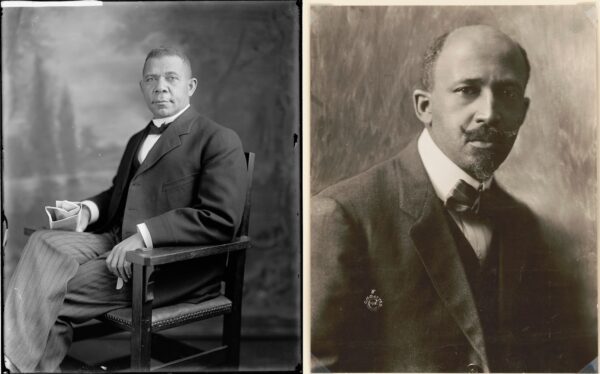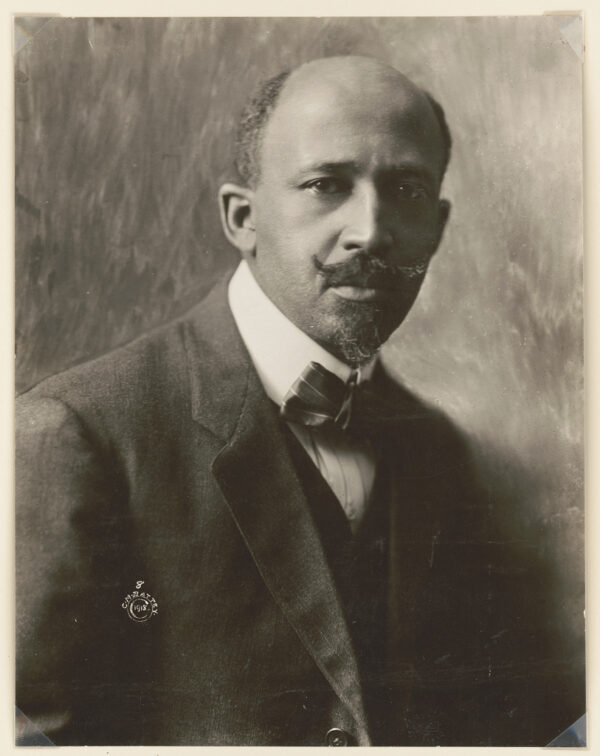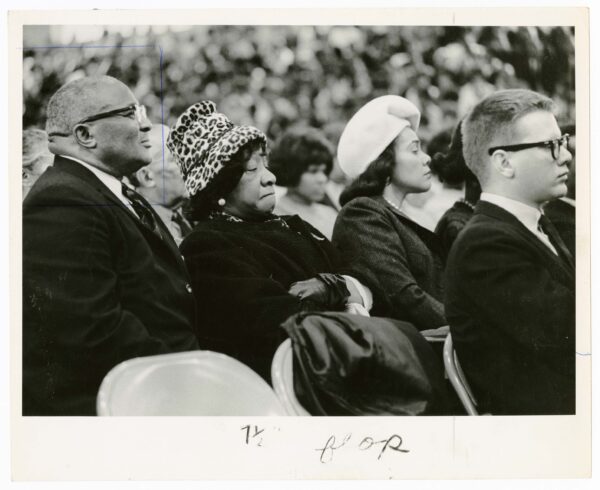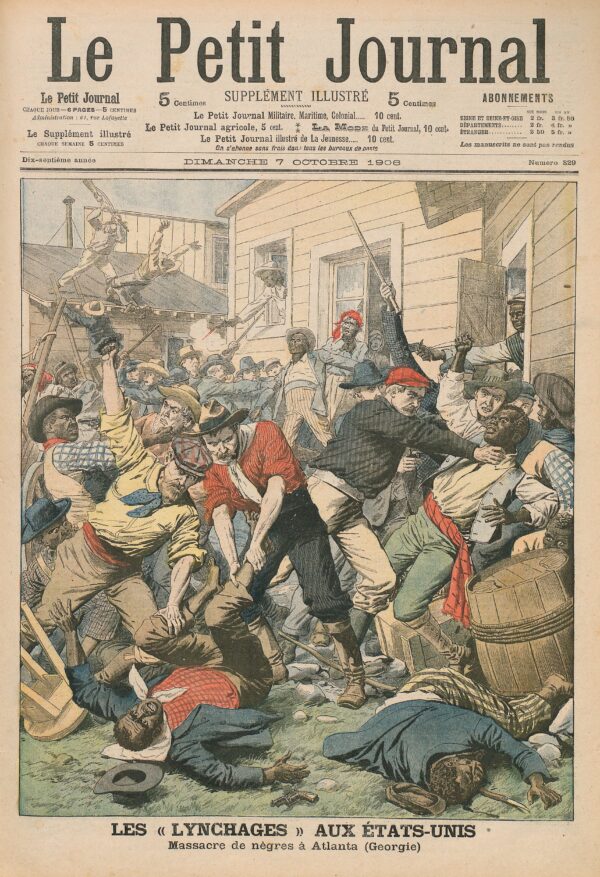
Voices of Change: Washington, Du Bois, and the Fight for Black American Progress
Explore the ideological debates between Booker T. Washington and W.E.B. Du Bois then lead students in a debate of their own.

W.E.B. (William Edward Burghardt) Du Bois was a prominent African American civil rights activist, sociologist, historian, and writer. Born William Edward Burghardt DuBois in Great Barrington, Massachusetts, he grew up in a relatively tolerant community, which allowed him to excel in his education. Du Bois became the first African American to earn a doctorate from Harvard University in 1895.
Throughout his life, Du Bois dedicated himself to fighting for racial equality and social justice. He co-founded the National Association for the Advancement of Colored People (NAACP) in 1909 and served as its director of publicity and research. As an influential writer and intellectual, Du Bois authored many groundbreaking works, including “The Souls of Black Folk,” a collection of essays that critically examined the state of African Americans in the United States.
Du Bois strongly advocated for the immediate pursuit of civil rights, higher education for African Americans, and full political and social integration. He vehemently opposed Booker T. Washington’s gradualist approach and believed that African Americans should actively fight against racial discrimination and strive for equal rights. His dedication to advancing civil rights and his intellectual contributions continue to inspire generations of activists and scholars in the ongoing struggle for racial equality.
Featured in

Explore the ideological debates between Booker T. Washington and W.E.B. Du Bois then lead students in a debate of their own.

Explore the rich history and significance of Historically Black Colleges and Universities (HBCUs) in the United States, highlighting their contributions to higher education and the civil rights movement from the 19th century to present.

In this lesson, students will be introduced to the series of events that occurred over four days in Atlanta, Georgia in 1906 that came to be known as the Atlanta Race Massacre.